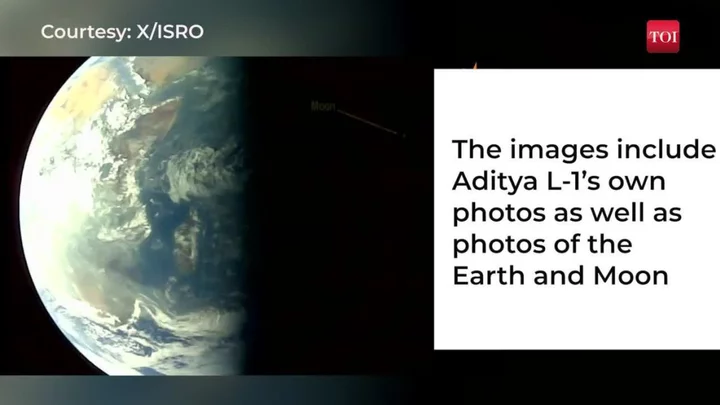A recent finding in South Africa has rediscovered a human population that was thought to have been lost.
When some languages from the Namibia Desert died out, anthropologists feared that the populations that spoke them had gone with it. However, researchers have discovered that the genetic identity of these once-thought lost populations may have been maintained, even without their native tongue.
Southern Africa holds some of the greatest human genetic diversity on Earth, and it is a common pattern that this diversity suggests it is where a species or family originated. Even without fossil records, anthropologists would know humans evolved in Africa, simply by looking at how much greater the biological diversity is there. It is among the inhabitants of the Kalahari and Namibia Deserts of south-eastern Africa where this diversity can be seen most dramatically.
"We were able to locate groups which were once thought to have disappeared more than 50 years ago," Dr Jorge Rocha of the University of Porto said in a statement. One of these groups is the Kwepe, who used to speak Kwadi. The disappearance of the language was thought to mark the end of their serration from neighbouring populations.
Dr Ann-Maria Fehn of the Centro de Investigação em Biodiversidade e Recursos Genéticos said: "Kwadi was a click language that shared a common ancestor with the Khoe languages spoken by foragers and herders across Southern Africa."
The team managed to find the descendants of those who spoke Kwadi, and discovered that they had retained their genetic distinctiveness that traces back to a time before Bantu-speaking farmers moved into the area.
“A lot of our efforts were placed in understanding how much of this local variation and global eccentricity was caused by genetic drift – a random process that disproportionately affects small populations and by admixtures from vanished populations,” said Dr Sandra Oliverira of the University of Bern.
"Previous studies revealed that foragers from the Kalahari desert descend from an ancestral population who was the first to split from all other extant humans,” added Professor Mark Stoneking of the Max Plank Institute for Evolutionary Anthropology.
“Our results consistently place the newly identified ancestry within the same ancestral lineage but suggest that the Namib-related ancestry diverged from all other southern African ancestries, followed by a split of northern and southern Kalahari ancestries."
The research allowed the team to reconstruct the migrations of the region's populations. With the Khoe-Kwadi speakers dispersed across the area around 2,000 years ago, possibly from what is now Tanzania.
The populations that once spoke Kwadi, before adopting Bantu languages in recent decades, are the missing piece in the history of humanity as anthropologists identified in this study.
The study can be read in Science Advances.
Sign up to our free Indy100 weekly newsletter
Have your say in our news democracy. Click the upvote icon at the top of the page to help raise this article through the indy100 rankings.









